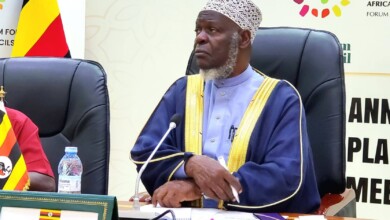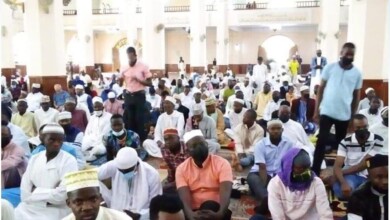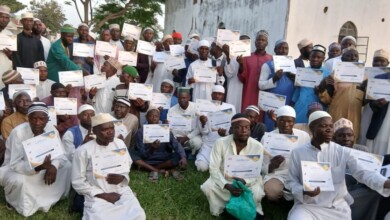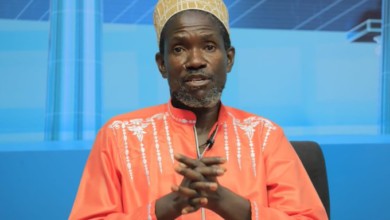End the dependence on mosque collections, Imams urged
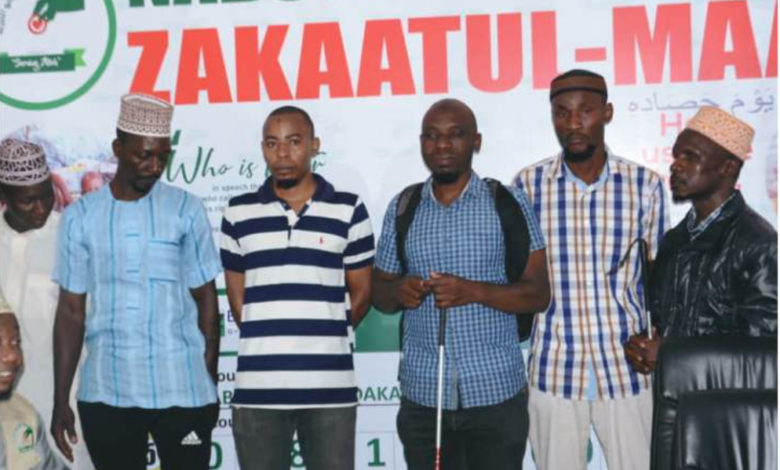
At least 35 less fortunate Muslims including two women have received start-up funds for small businesses courtesy of Nabugabo Swadaka Association. The startups ranging between Shs 500,000 and Shs 1.5 million were raised from the group’s Zakat-al-Maal.
Zakat-al-Maal, the third of the five pillars of Islam, is an annual charge of 2.5 percent of a Muslim’s total savings and wealth.
Sheikh Adam Ssenjala, the group’s head of zakat distribution said, their initial focus was on Imams drawn from across the country based on their needs and available resources.
“We got over 100 applications but after screening we managed to support 35 individuals who fit within the available funds,” Ssenjala said.
He added that all the needs were valued in cash, and each beneficiary received funds according to their application.

“We mobilized mosques and we ask them to submit names for their vulnerable people whom we invited for interviews and explain their needs and what is needed to sort it out,” he said.
The group wants the Imams to be pragmatic by starting small businesses and eventually grow economically instead of depending on the after-salah collections in their respective mosques.
Hajji Hussein Kaganda, the chairman of Nabugabo Swadaka Association urged Imams to embrace the various poverty alleviation programmes by the government to improve their livelihoods.
“We urge all Imams to encourage their communities to embrace government programmes and also give them information on how to access and benefit from those projects,” Kaganda said
“As Muslims, we are obligated to pay zakat to benefit the needy but we should also embrace the existing government projects since they aim at empowering all Ugandans,” he added.
Nabugabo Swadaka Association launched the Zakat program last year with 15 beneficiaries. However, with the changing standards of living, the demand for alms is increasing.
“We have started with Muslim leaders but we are planning to expand the initiative and increase on the number of the beneficiaries especially those in hard-to-reach areas,” said Sheikh Zubair Kasule, the group’s spokesperson.
He also noted that the group plans to support rural Muslims to start livestock farming.


